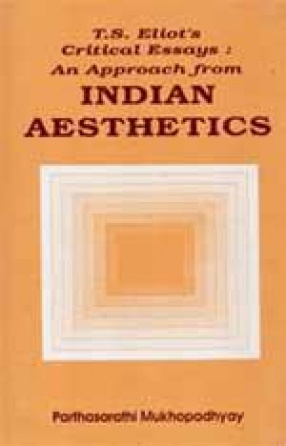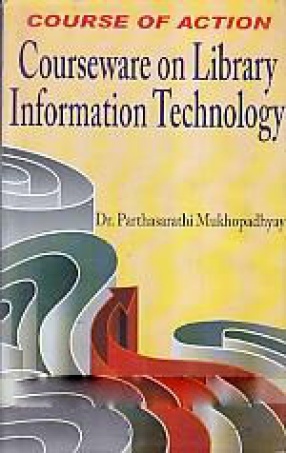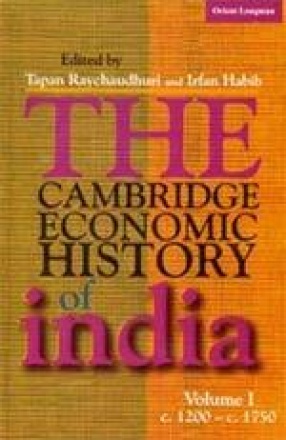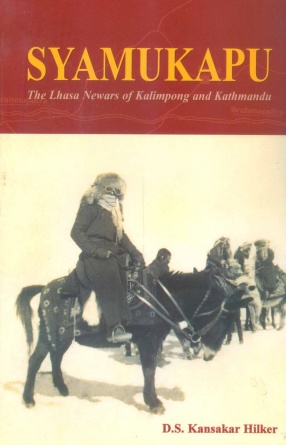T.S. Eliot
Synopsis
While the first chapter of the monograph discusses the place of tradition in the creative process of the literary artist and tries to tackle the problem as to whether it is necessary for the artist to know the mind of his own country, the second analyses the nature of the emotion experienced by the man who suffers and the mind which creates and shows how in the opinion of both T.S. Eliot and Abinavagupta transmutation of raw feeling into emotion takes place in the mind of the literary artist. The third chapter tries to clarify the concept of ‘Objective Correlative’, as projected by Eliot and makes a modest attempt to establish its linkage with certain familiar concepts connected with the Rasa-Theory of Indian Aesthetics. The fourth chapter goes deep into the poetic process, and shows how it has been possible for Eliot to declare poetry as an escape from personality and not as an expression of personality. The identical approach of Indian Aesthetics is presented, and in course of this presentation, the chapter makes a reference to the distinction drawn by Tagore between ‘Individuality’ and ‘Personality’. The fifth chapter presents the views of T.S. Eliot and Indian literary critics headed by Mammata on the utility of poetry, and in course of discussion of these views, it arrives at the conclusion that while social utility is a relative value. The last chapter takes a backward view of the total analysis and presents the findings arrived at in course of this research; at the same time, taking. Cue from the finding that poetry effects a transformation of the being, it moves into the arena of Sri Aurobindo’s Aesthetics, and projects the viewpoint of Sri Aurobindo that future poetry is sure to assume the form of an incantation (mantra) and lead to spiritual rejuvenation and enlightement.
Read more
16.20
14.58
$
18.00 $
Free delivery Wolrdwidе in 10-18 days
Ships in 1-2 days from New Delhi
Membership for 1 Year $35.00
Get it now and save 10%
Get it now and save 10%
BECOME A MEMBER
Books by the same author








Bibliographic information